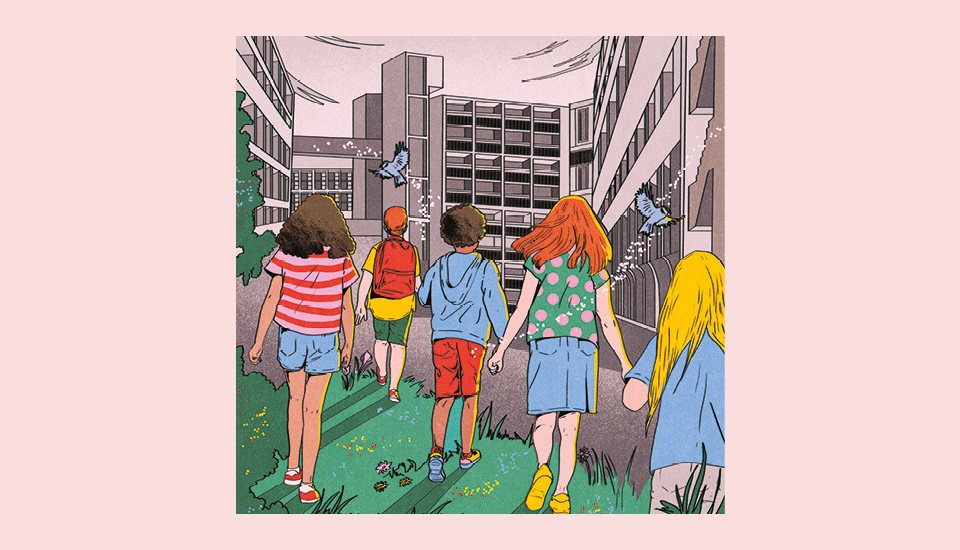New research indicates we may have overlooked some surprising benefits to primary school students.
For more than a century, teachers, parents, administrators and educational policymakers have engaged in one of the most heated debates in the field of education: the utility of homework. Detractors of homework claim it deprives students of quality time spent pursuing enjoyable activities with family and friends and has the potential to lead to negative school-related interactions between children and their caregivers. These claims have historically been supported by the argument that research conducted in the past decades could not find a significant association between homework and academic achievement in primary school. So: is there any point in giving homework to primary school children? Or should we adopt a 'no homework' policy?
When questioning the utility of homework in primary schools, we must acknowledge the limitations of the existing research. For instance, Professor Harris Cooper of Duke University found in his meta-analyses that all experimental studies that investigated the utility of homework were methodologically flawed. But when we cannot accurately measure the impact of a phenomenon it does not mean that no impact exists. In our recent study, published in the Journal of Experimental Education, we randomly allocated differing amounts of homework to students in Year 3 and measured the impact. Our results support the idea that, for primary school children, a moderate homework allocation can be beneficial and that, under certain circumstances, a 'no homework' policy can be detrimental.
The decision to give up homework in primary school also risks burning one of the most important bridges of communication between the school and home. If a parent or caregiver asks a child, "What did you do today at school?" and receives a cold "Nothing" in response, they miss the opportunity to initiate a conversation with the child about the science of watering the plants in the backyard, or to notice if the child has misunderstood the procedure of regrouping in subtraction and therefore needs extra guidance. A short, well-designed homework assignment can be a powerful communication tool to connect the school with home, and serve as a valuable conduit between teacher and caregiver regarding a child's progress and performance.
Another benefit of moderate homework is the opportunity for students to take more time to sharpen critical skills. Many skills that students develop in primary school (for example, writing, or learning the times tables) require extensive practice, but the school day often does not allow time (or enough time) for this. During our study, students were taught new spelling patterns and editing rules. While they all made important progress during the six-week period of instruction, the students given a moderate amount of homework outperformed their peers who received minimal homework. Interestingly, these effects were sustained several months later.
Most notably, the effect size of our study was similar to those found in costly intervention programmes often implemented in education. We concluded that, when allocated in moderation and designed professionally, homework has the potential to be an effective, cost-free educational intervention programme that can enhance academic achievement and prove a powerful communication tool between school and family.
Dacian Dolean is an educational psychologist at Babeș-Bolyai University, Romania.
- Follow Dacian Dolean on Twitter @DDolean.
This article first appeared in the RSA Journal Issue 1 2022.
Related articles
-
Young at heart
Journal
Jonathan Prosser
Becoming a nation with children at its centre in 10 courageous steps.
-
Open RSA knowledge standards
Blog
Alessandra Tombazzi Tom Kenyon
After investigating ‘knowledge commons’, we're introducing our open RSA standards and what they mean for our practice, products and processes.
-
Worlds apart
Comment
Frank Gaffikin
We are at an inflexion point as a species with an increasing need for collaborative responses to the global crises we face.




Be the first to write a comment
Comments
Please login to post a comment or reply
Don't have an account? Click here to register.